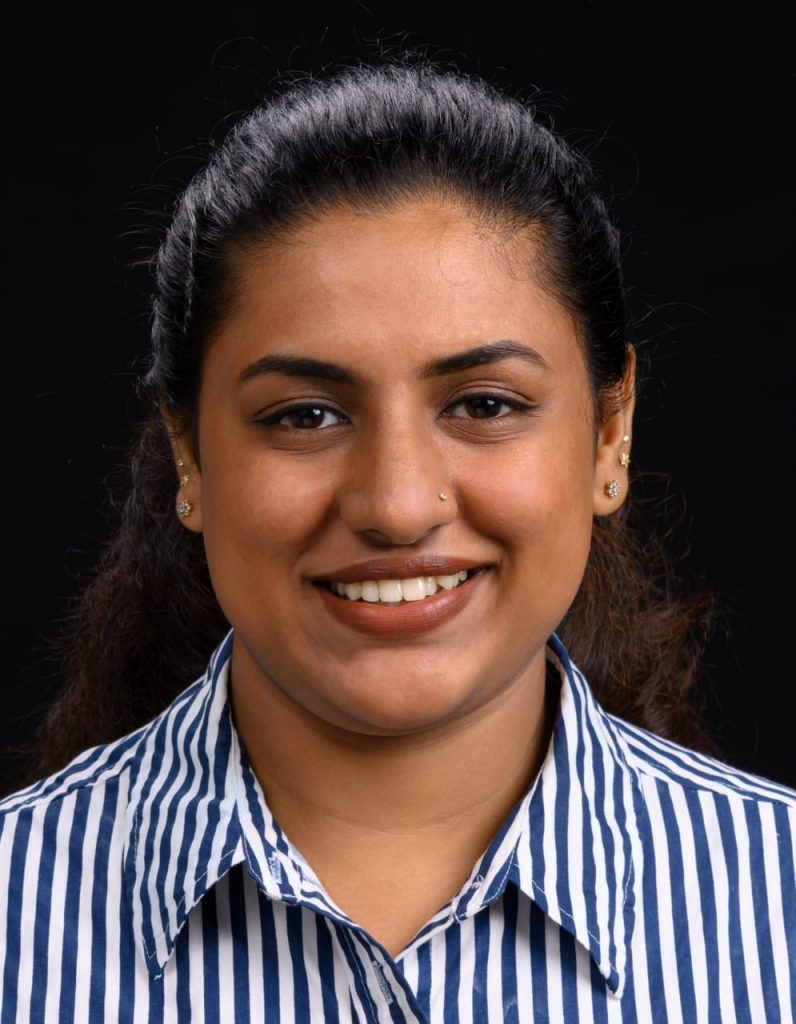When Courage Sits in Small Bodies
Lessons from Pediatric Palliative Care that Society is Not Yet Brave Enough to Face
I stepped into pediatric palliative care thinking I was entering a field of service. I did not know I was entering a field of truth. Here, children become philosophers without ever intending to, and parents become warriors without ever receiving armour. Every visit alters me a little, the way I listen, the way I notice pain, the way I identify strength. I came prepared to offer support, but no one told me I would be taught how to feel deeply. The world often assumes that illness makes a child fragile, but I have learned that it is society, not their bodies, that most often fails them. As Kahlil Gibran wrote, “Out of suffering have emerged the strongest souls; the most massive characters are seared with scars.” I see those souls every day.
I saw one of them in Prerana (name changed), a 15-year-old girl with a spine of courage and a heart still learning how to carry rejection. When she told me that she had only one friend, she didn’t say it with anger or resentment, only quiet acceptance, as though she had slowly taught herself not to expect more. When I asked her why she thought others kept their distance, she said, “maybe because of my tongue.” That sentence sat heavy on my chest. A child blaming herself for the ignorance of others, this is where society breaks before the child ever does. She tried to educate her classmates about her muscular dystrophy, tried to show them it wasn’t contagious, but fear often speaks louder than facts. When she was ten, she asked her mother to remarry, not because she didn’t need her, but because she thought her mother deserved a companion. I realised then that bravery is not always loud; sometimes it is the quiet willingness to carry pain without stating it.
And this is where pediatric palliative care breathes its purpose. People think it is about endings, but it is actually about honouring the living, the small sacred moments that illness could never steal. What every parent should know about pediatric palliative care is that it is not about giving up hope, it is about making space for comfort, dignity and life in its fullest form, even in the presence of illness. It walks beside families from the moment of diagnosis — not as a hearse at the end of a road, but as a companion through every uncertain turn. It tends not only to the child’s pain, but to the family’s exhaustion, fear, unanswered questions, unseen griefs. It gives language to confusion, relief to loneliness, and structure to chaos. It allows a parent to breathe without feeling guilty for breathing. In the words of Viktor Frankl, “Those who have a ‘why’ to live can bear with almost any ‘how’.” In pediatric palliative care, that “why” is protected tenderly, sometimes in the form of a hug, sometimes in advocacy, sometimes simply by showing up.
I also met this “why” in the form of Shiny’s (name changed) mother, a woman who had been quietly fighting her own unseen battle. She had the skill to stitch, but it remained folded away like a dream she no longer felt entitled to. She did not know how to handle online transactions and felt stuck in a world that was moving digitally ahead without her, watching life progress from the outside like a silent spectator. Her barrier was not lack of willingness, it was the fear beneath it: “If I fall again, will I be able to stand?” She carried not only financial strain, but the terror of collapse without a safety net.
During one of our visits, we encouraged her to begin her stitching business and helped her set it up. The team sat beside her patiently, guiding her step by step until she successfully made her first online transaction, and right there in her own home, she made her first sale. It looked like a simple sale, but for her, it was the moment she found confidence in herself. Her eyes held not just pride, but relief, and the quiet rediscovery of dignity. It was not entrepreneurship we witnessed, but resurrection: from invisibility to participation, from fear to agency. Before we left, she held my teammate’s hand and said, “So much happened in this casual visit.” What she truly meant was: I have found ground strong enough to stand on when life shakes again. That is transformation, not assistance.
And like seasons, Rithu exists for these families. Rithu, our parent support group, is named after the seasons because it reminds every caregiver that no winter is permanent. In Rithu, parents meet others who have learned to live between hospital corridors and hope, those who know what it means to love without guarantee. They borrow strength from each other, quietly, steadily, without spectacle. Some come with trembling voices; eventually, they begin to speak for others who have just arrived stepped into this world. This is healing that medicine cannot prescribe: the healing born from being understood without having to explain. I often wonder how different our society would be if we learned to sit with families the way these families sit with each other, not to fix, but to stay. Because sometimes, the greatest act of care is not to remove the pain, but to refuse to let anyone carry it alone.

Nancy Anna Itty
Social Welfare Officer, Pallium India






